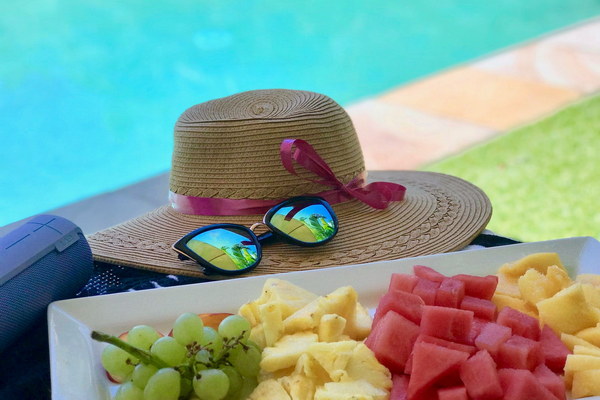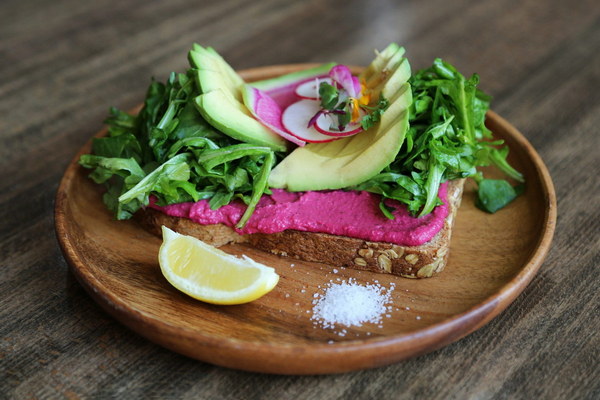Dealing with Counterfeiting Strategies for Selling Traditional Chinese Health Tonics
In the bustling market of traditional Chinese health tonics, counterfeit products pose a significant threat to both consumers and legitimate businesses. When faced with the challenge of counterfeiting, it's crucial to take swift and effective action to protect your brand and customers. Here's a comprehensive guide on how to deal with counterfeiting when selling traditional Chinese health tonics.
1. Educate Your Customers
The first step in combating counterfeiting is to educate your customers about the risks associated with purchasing fake products. Provide clear and detailed information about your products, including their ingredients, manufacturing process, and the health benefits they offer. Encourage customers to look for authentic seals, holograms, or QR codes that verify the product's authenticity.
2. Strengthen Your Brand Identity
A strong brand identity can act as a barrier against counterfeiting. Invest in high-quality packaging that is distinct and recognizable. Use your brand logo and colors consistently across all marketing materials. Consider trademarking your brand name and logo to legally protect them from unauthorized use.
3. Implement Quality Control Measures
Ensure that your products undergo rigorous quality control checks before they reach the market. This includes testing for purity, potency, and adherence to safety standards. Certifications from recognized authorities can further enhance the credibility of your products and deter counterfeiters.
4. Utilize Serialization and Tracking Systems
Implement a serialization and tracking system for your products. Assign unique serial numbers to each batch and track them from production to distribution. This not only helps in tracing counterfeit products but also provides a sense of security to your customers, knowing that they can trace the origin of the product they are purchasing.
5. Collaborate with Regulatory Bodies
Work closely with government agencies and regulatory bodies that enforce laws against counterfeit goods. Provide them with information on suspected counterfeit products, and participate in joint operations to crack down on illegal activities. This collaboration can also help in building a database of counterfeit products and their sources.
6. Monitor Online Marketplaces and Retail Outlets
Regularly monitor online marketplaces, social media platforms, and physical retail outlets for the sale of counterfeit products. Use advanced search techniques and the help of third-party services to identify and report fake products. Once identified, take legal action against the sellers and platforms that host these counterfeit goods.
7. Offer Customer Support and Refund Policies
Implement a robust customer support system to address complaints and inquiries about counterfeit products. Have clear refund policies in place to compensate customers who have purchased fake products. This not only helps in maintaining customer trust but also encourages them to report suspicious products.
8. Legal Action
If counterfeiting becomes a persistent problem, consider taking legal action against the counterfeiters. Consult with a lawyer specializing in intellectual property law to understand your options. This may include filing a lawsuit for trademark infringement, seeking damages, or pursuing criminal charges against the individuals or companies involved in the counterfeiting.

9. Build a Community of Trust
Create a community around your brand by engaging with customers through social media, events, and educational content. Encourage customers to share their experiences and testimonials, which can help build a positive reputation for your brand and deter potential counterfeiters.
10. Stay Informed and Adapt
Counterfeiting is an ever-evolving threat, so it's important to stay informed about new trends and technologies in the fight against counterfeiting. Regularly update your strategies and adapt to new challenges as they arise.
By following these steps, you can effectively deal with counterfeiting and protect your traditional Chinese health tonic business. Remember, a proactive approach is key to maintaining the integrity of your brand and ensuring that your customers receive the quality products they deserve.









